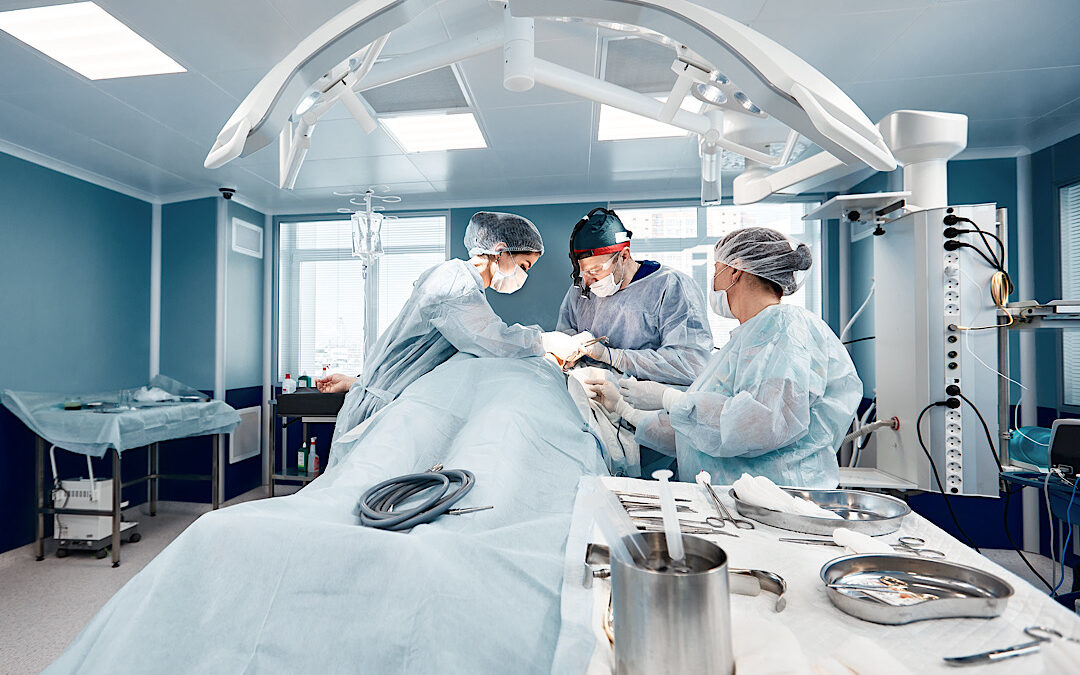Cosmetic surgery can be a life-altering decision, and effective preparation is key to ensuring a successful outcome and smooth recovery. This guide provides essential steps and practical tips for patients preparing for cosmetic surgery, ensuring they are well-informed and ready for their transformative journey.
Understanding the Procedure and Setting Realistic Expectations
Comprehensive Research: Begin by thoroughly researching the cosmetic procedure you are considering. Understand the steps involved, potential risks, and expected outcomes.
Setting Realistic Expectations: Have a clear and realistic understanding of your expected results. Discuss with your surgeon what is achievable, considering your body type and medical history.
Choosing the Right Surgeon and Facility
Board-Certified Surgeon: Ensure your surgeon is board-certified in plastic surgery. Verify their credentials, experience, and track record with the specific procedure you’re considering.
Accredited Facility: The surgery should be performed in an accredited facility equipped with the necessary safety measures and emergency protocols.
Pre-Surgical Health Optimization
Physical Health: Maintain a healthy lifestyle leading up to the surgery. A balanced diet, regular exercise, and proper hydration can improve surgical outcomes and recovery.
Medical Evaluation: Undergo a full medical evaluation to identify any potential risks or contraindications for surgery. Disclose your full medical history, including medications, to your surgeon.
Mental Health: It’s also crucial to be mentally prepared for the surgery. Consider the emotional aspects and stress factors, and ensure you have a strong support system.
Pre-Operative Instructions and Preparations
Follow Pre-Operative Instructions: Adhere strictly to the pre-operative instructions provided by your surgeon. This may include guidelines on eating, drinking, and medications.
Preparing Your Home: Arrange your home for your return post-surgery. This includes setting up a comfortable recovery area and ensuring you have the necessary supplies at hand.
Arranging Support and Post-Operative Care
Assistance Post-Surgery: Arrange for someone to drive you home after the surgery and, if possible, stay with you for the first 24-48 hours.
Post-Operative Appointments: It’s important to schedule and attend all post-operative appointments to monitor your recovery and address any issues that may arise.
Mental and Emotional Preparation
Understanding the Emotional Impact: Acknowledge that cosmetic surgery can be emotionally taxing. It’s normal to feel a mix of excitement, anxiety, and uncertainty.
Support System: Ensure you have a strong support system in place. This could include family, friends, or a professional counselor experienced in dealing with cosmetic surgery patients.
Financial and Logistical Considerations
Financial Planning: Understand the full cost of the procedure, including any potential post-operative care or unforeseen expenses.
Time Off Work: Arrange for adequate time off work for your surgery and recovery. The amount of time needed will depend on the type of procedure and your healing process.
Preparing for cosmetic surgery involves thorough research, careful planning, and ensuring you have the right support in place, both physically and emotionally. By following these guidelines, patients can approach their cosmetic surgery with confidence, knowing they are well-prepared for their journey toward transformation and renewal.

